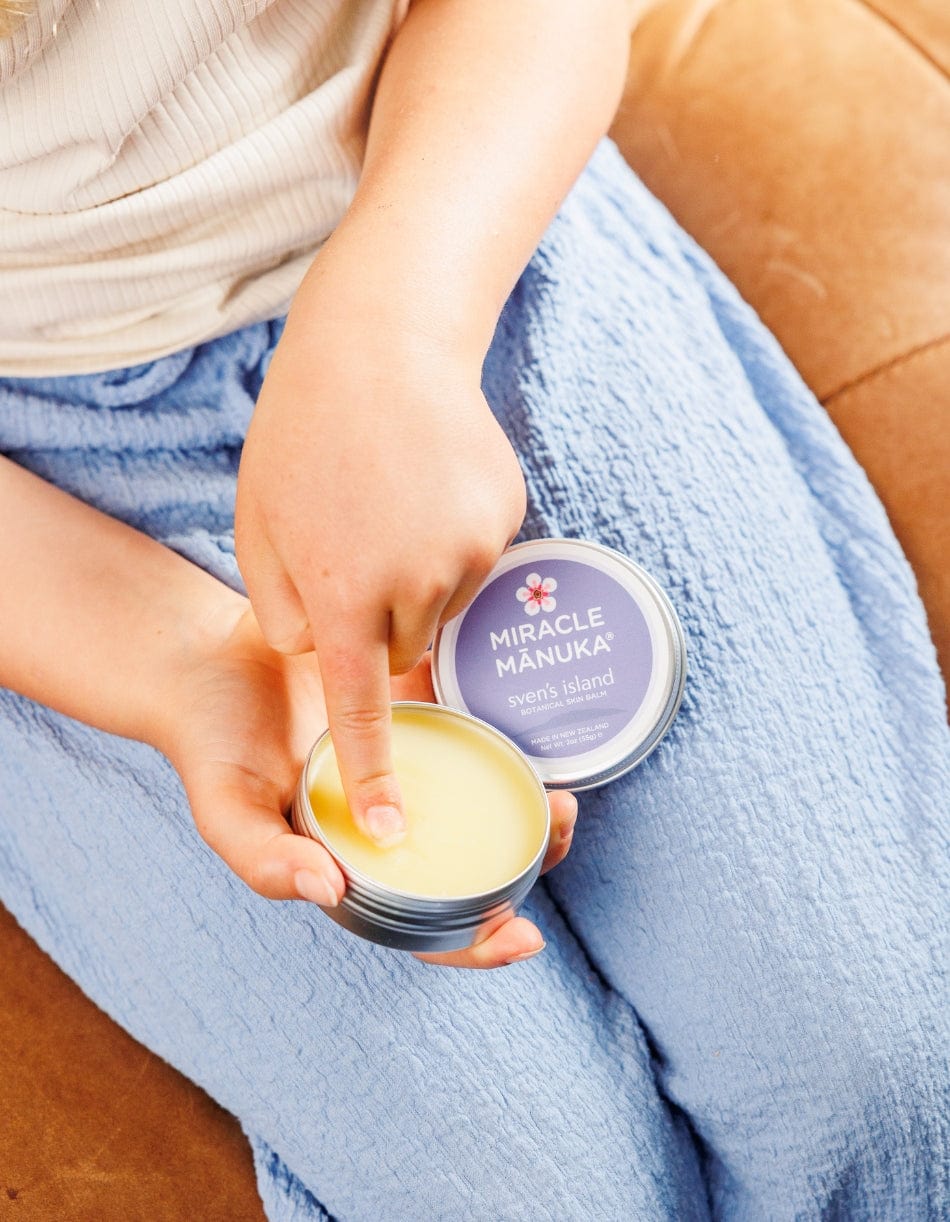Notifications
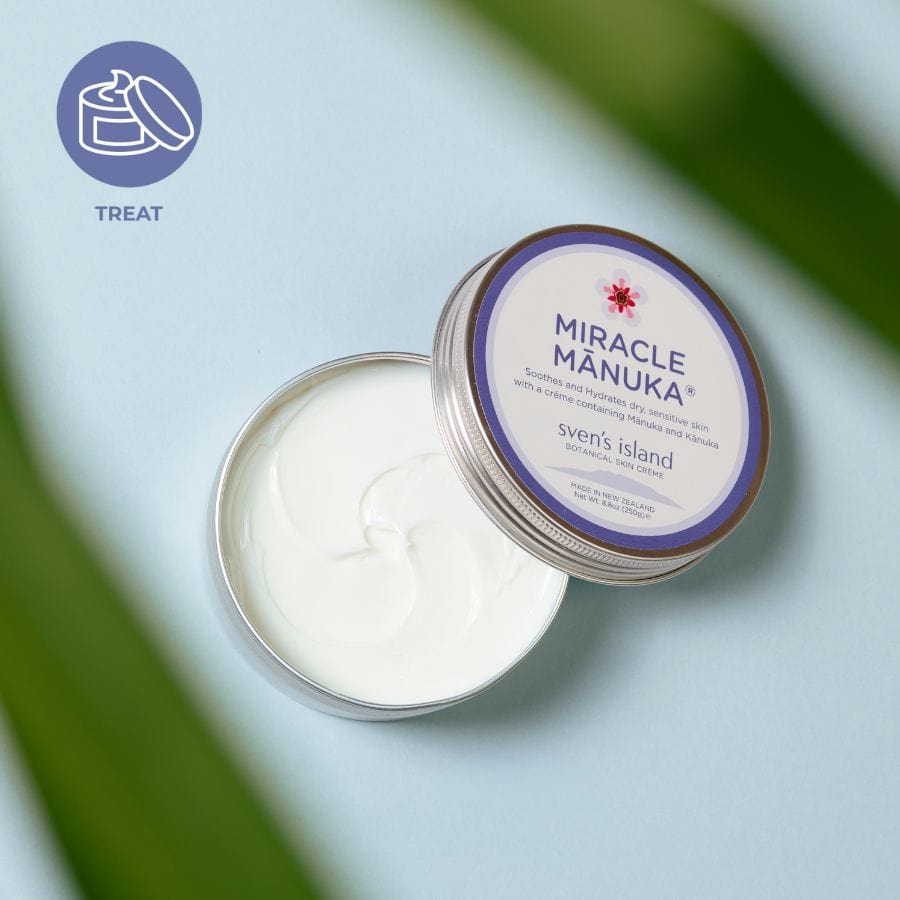
New: Miracle Manuka - Crème 250g
Moisturize. Protect. Prevent. A 100% natural eczema cream designed not just to soothe — but to help prevent flare-ups before they begin.
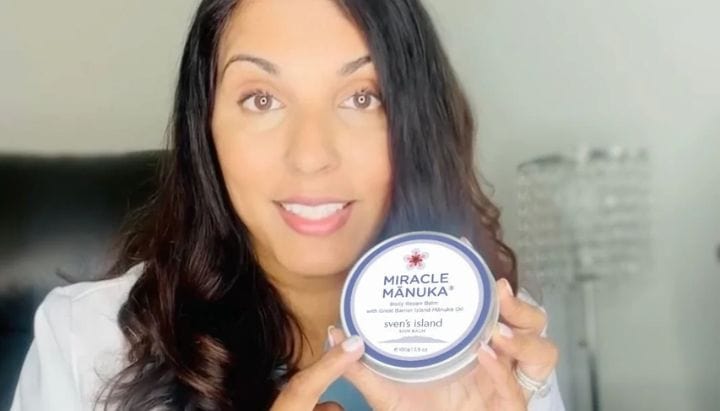
Dermatologist Endorsed
Trusted by experts, proven by 75,000+ happy customers — see why dermatologists recommend Miracle Manuka.
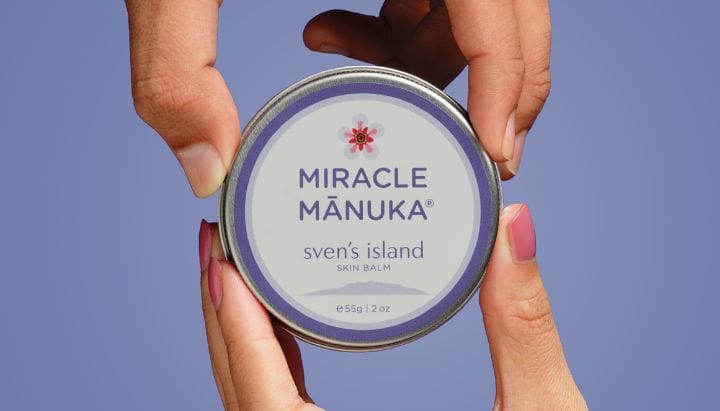
New: Miracle Manuka 100g
Your favorite skin savior, now in 100g! More relief, less refills.
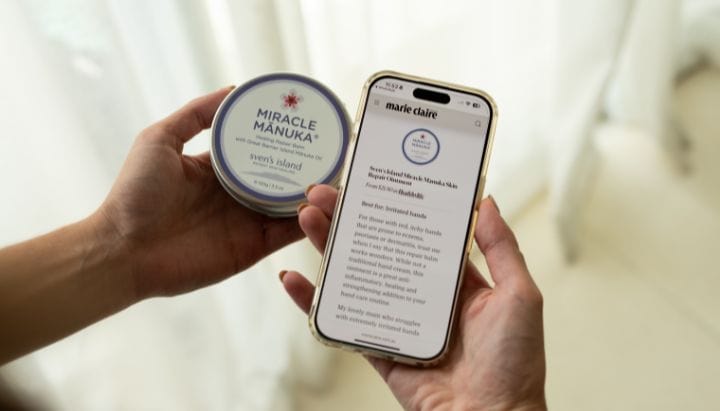
2,250+ ★★★★★ Reviews
Real results, real relief — join thousands who trust Miracle Manuka for their skin.
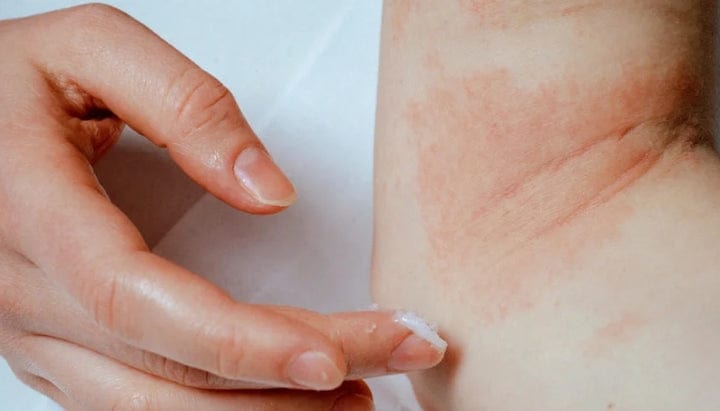
Discover Real Customer Results
See how Miracle Manuka is transforming skin—real stories, real results.
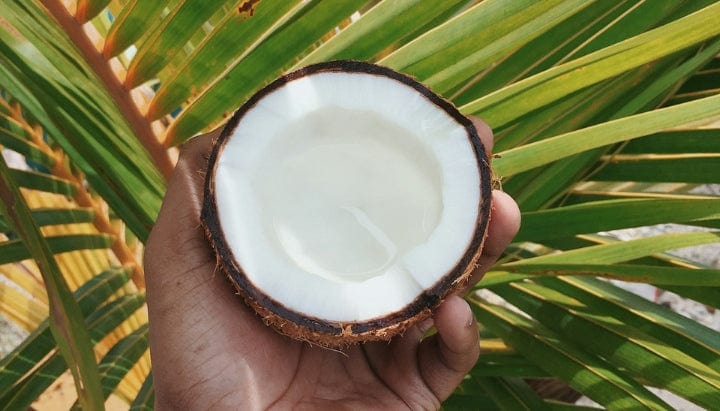
Unveiling Our Ingredients
Learn what makes our formulas so effective—pure, potent, and natural.
- Choosing a selection results in a full page refresh.









